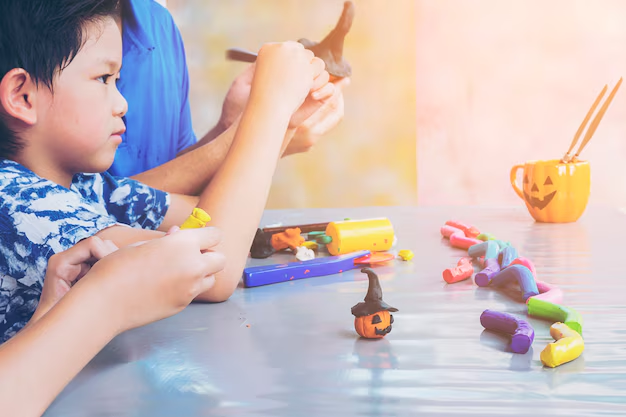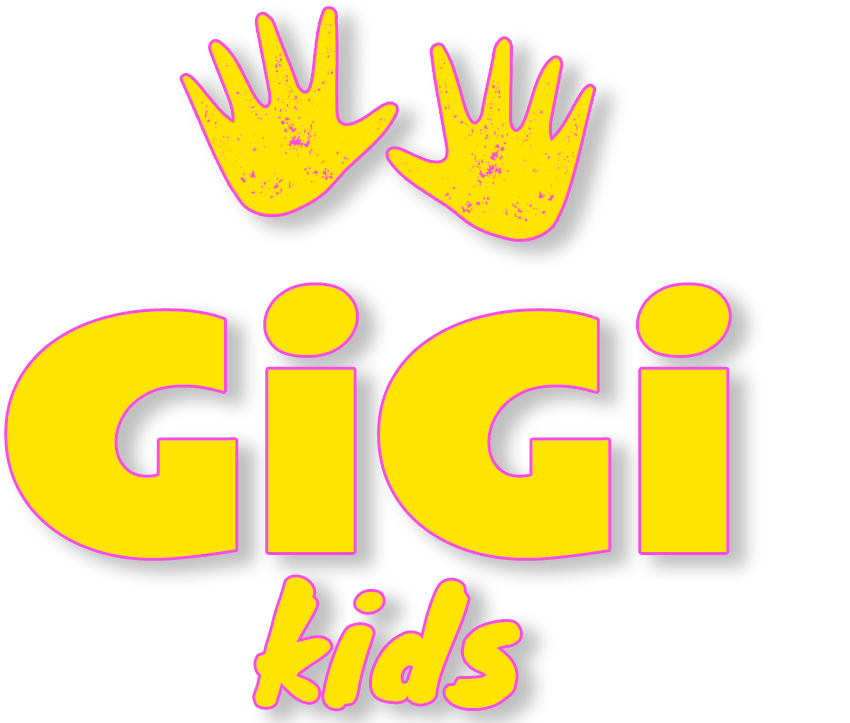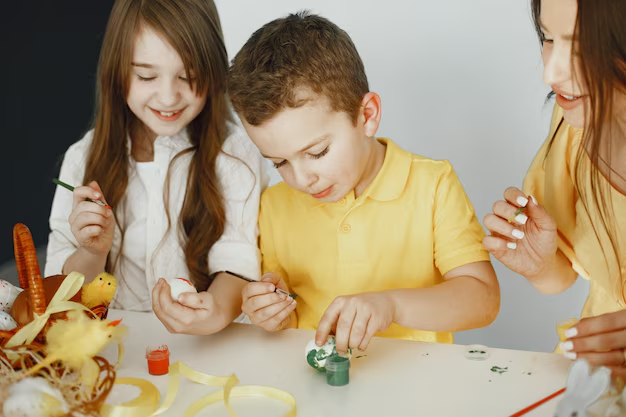In the world of early childhood education, play is far more than just a way to pass the time—it is a vital part of a child’s development. Play-based learning is a teaching approach that uses play as the primary method for young children to explore, discover, and learn. This method, supported by extensive research in child psychology and education, is crucial for fostering cognitive, social, emotional, and physical development during the early years.
In this article, we’ll explore the importance of play-based learning, how it benefits children, and why it should be a core component of early education programs.
What Is Play-Based Learning?
Play-based learning is a child-centered approach that encourages children to engage in play activities that are both enjoyable and educational. Unlike traditional, structured learning methods that emphasize rote memorization and rigid instruction, play-based learning allows children to explore their environment, interact with peers, and solve problems in a flexible and imaginative way.
Key features of play-based learning include:
- Open-ended exploration: Children have the freedom to choose activities based on their interests.
- Hands-on experiences: Learning occurs through physical interaction with objects and materials.
- Imaginative play: Role-playing, storytelling, and pretend play are central to this approach.
- Social interaction: Collaboration with peers and adults is encouraged.
Benefits of Play-Based Learning
1. Cognitive Development
Play-based learning enhances cognitive skills such as problem-solving, critical thinking, and creativity. When children engage in activities like building blocks, puzzles, or pretend play, they develop important mental processes:
- Cause and Effect: Understanding how actions lead to specific outcomes.
- Memory and Attention: Strengthening the ability to focus and remember details.
- Language Development: Expanding vocabulary and improving communication skills through conversations during play.
Through play, children learn to solve problems, think critically, and make decisions. Whether building with blocks, completing puzzles, or pretending to cook, kids engage in activities that stimulate their minds and promote intellectual growth.
2. Social and Emotional Development
Through play, children learn how to navigate social relationships, express their emotions, and develop empathy. Activities that involve group play teach children:
- Cooperation: Working together to achieve a common goal.
- Conflict Resolution: Learning how to handle disagreements and compromise.
- Emotional Regulation: Managing feelings of frustration, excitement, or disappointment.
For example, a simple game of “house” or “store” allows children to practice roles, share responsibilities, and express their feelings in a safe, imaginative setting.
3. Physical Development
Play-based learning also promotes the development of fine and gross motor skills. Whether it’s running, jumping, or manipulating small objects, play helps children build strength, coordination, and dexterity. Activities like:
- Outdoor play: Running, climbing, or playing with a ball enhance gross motor skills.
- Art and crafts: Cutting, drawing, and manipulating small objects develop fine motor control.
4. Fostering Creativity and Imagination
Play-based learning nurtures creativity by allowing children to use their imagination freely. Pretend play, for instance, encourages children to think outside the box, invent stories, and create new scenarios. This imaginative thinking lays the foundation for innovative problem-solving later in life.
5. Encouraging Independence and Confidence
When children are given the freedom to make choices during play, they develop a sense of autonomy and self-confidence. They learn to trust their abilities, take initiative, and feel proud of their accomplishments. This sense of independence is essential for future learning and personal growth.

The Science Behind Play-Based Learning
Research in neuroscience and child development consistently highlights the importance of play in early childhood. Studies show that play stimulates neural connections in the brain, particularly in areas related to executive function, language, and social skills. According to the American Academy of Pediatrics, play is essential for brain development because it encourages exploration and experimentation, which are critical for learning.
Additionally, countries with high-performing education systems, such as Finland, incorporate play-based learning into their early childhood programs, emphasizing its role in fostering well-rounded, capable learners.
How to Implement Play-Based Learning
Parents, educators, and caregivers can incorporate play-based learning into daily routines with simple strategies:
- Create a Play-Friendly Environment: Provide a variety of toys, books, and materials that encourage exploration and creativity.
- Follow the Child’s Lead: Allow children to choose their activities and guide their learning experiences.
- Engage in Play: Participate in play activities, ask open-ended questions, and encourage problem-solving.
- Balance Free Play and Guided Play: While free play is essential, guided play led by an adult can introduce new concepts and skills in a fun way.
Conclusion
Play-based learning is a powerful tool for nurturing the whole child—cognitively, socially, emotionally, and physically. By allowing children to learn through play, we provide them with the foundation they need to develop essential life skills, build confidence, and cultivate a love for learning. As parents, educators, and caregivers, embracing play as a vital component of early education ensures that children grow into curious, capable, and well-rounded individuals ready to navigate the world.

